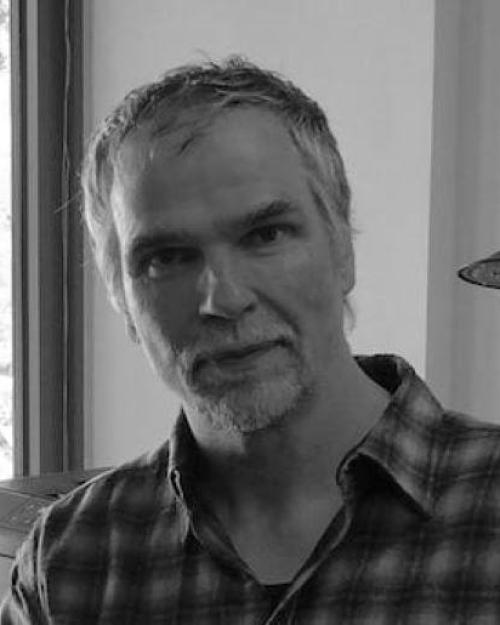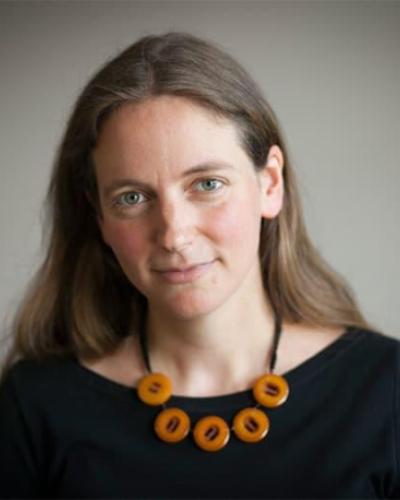In the age-old tradition of seafaring, the role of the navigator is pivotal. Armed with an array of tools from compasses to celestial bodies, the navigator guides the ship through both tranquil and tempestuous waters, ensuring a safe journey. This aptly captures the role of Julia Markovits, an Associate Professor in the Sage School of Philosophy, in the realm of philosophy. Like a skilled navigator, she employs a rich array of intellectual instruments to guide us through the tumultuous waters of ethical dilemmas, steering us toward a more nuanced understanding of morality.
Embarking on her intellectual voyage at Yale, Markovits took classes in several domains, from math and physics to studio art, but philosophy drew her in. Her eldest brother was finishing up a PhD in philosophy, and she professed that she always had an ‘affinity with his way of thinking about problems.’ Her journey then took her to Oxford, where she sailed deeper into moral philosophy under the supervision of the philosophers Derek Parfit and Adrian Moore.
Markovits’ dissertation, which later evolved into her first book, Moral Reason, highlights her compass that points toward objectivity and universality in ethics. In her doctoral work, she grappled with the tension between externalism and relativism, two opposing currents in the sea of ethical theory. Parfit was a staunch externalist, believing in objectively binding moral principles. ‘In some ways, I’m with him, because my instincts about ethics are objectivist,’ Markovits explains. Her work aims to reconcile this externalist inclination with a desire-dependent view of reasons, striving to secure a sense of objectivity or universality. ‘The project of my dissertation and also which turned into my first book was to try to develop a version of this sort of desire-dependent view of reasons that could still secure objectivity or universality,’ she elaborates.
Markovits adheres to a principle that has guided her own academic course and one that Parfit championed: ‘Part of being a good philosopher is being good at trying to see what’s the strongest argument for the view you don’t hold.’ This principle served her well as she crossed the sea again, arriving at the Harvard Society of Fellows, an interdisciplinary haven that enriched her philosophical inquiries. The dichotomy in the research approaches of Fellows in the empirical science and humanistic sides proved to be interesting, especially finding a place where philosophy fit on that map. Markovits recalled that while humanists ‘thought [there were] no right or wrong answers,’ scientists thought, ‘how are you going to find answers to these questions if you can’t sort of go out into the world and gather data on them?’ This experience proved invaluable, especially as she transitioned into teaching roles at the Massachusetts Institute of Technology and later, Cornell University, teaching her the importance of communicating complex ideas to those without a background in philosophy.
As a navigator trying to go beyond the ocean she recognizes, Markovits places a high value on clarity in communication. ‘Your smart 12-year-old sister should be able to read your paper,’ she tells her students, emphasizing the importance of making philosophy accessible to all. Most of her undergraduate classes are introductory law and ethics courses, giving students—many being STEM majors—their first exposure to philosophy. She admires her colleague Kate Manne for her ability to reach a broader audience. ‘I admire her work on that front,’ she says, highlighting the value of clarity and public engagement in philosophical discourse.
Markovits gets most excited by the ‘abstract and theoretical tools in philosophy.’ Observation leads to questions, ideas, and patterns, and the navigational tools ‘help to put our finger on exactly what [is going on].’ Those devices prove useful in the vast ocean of moral philosophy.
Nowadays, Markovits is particularly intrigued by the imbalance in philosophical attention between blame and praise, hoping to collate her unpublished work into a book. While blame has been extensively explored, praise remains relatively uncharted. Her current project aims to fill this gap, examining the conditions under which praise can ‘misfire’ or feel undeserved. She finds the social roles fascinating, for example, blaming is a signal to say ‘you’re not one of us.’ ‘It’s costly for the person being blamed, but it’s also costly for the person doing the blaming,’ Markovits reveals. She employs a ‘standing-based’ approach, arguing that our right to blame or praise others depends on our own moral standing. This perspective allows her to explore complex scenarios, such as why a mother of a severely disabled child might bristle at being called a hero.
The voyage involves a lot of waiting, thinking, and ‘hoping for the idea to strike,’ Markovits admits. She contrasts her research process with that of her husband, an applied physicist who ‘always has something to do,’ from grant applications to data collection. Capturing and developing ideas through discussions with colleagues helps Markovits locate her North Star; she attests, ‘a really great way to make progress is to involve other people.’
In a world teeming with ethical complexities, Julia Markovits serves as our philosophical navigator, steering us through the intricate waters where moral questions swirl in a complex dance of values and principles. For those embarking on their own philosophical journeys, her advice serves as a reliable compass: ‘Go after the questions that interest you.’ With Markovits at the helm, we are better equipped to navigate the rough waters of ethical dilemmas, leading us toward a more nuanced understanding of morality’s complex landscape.





